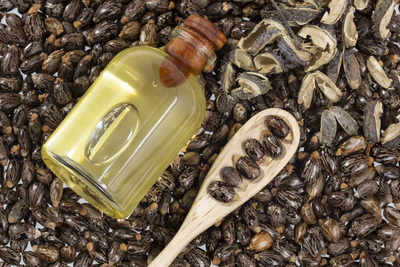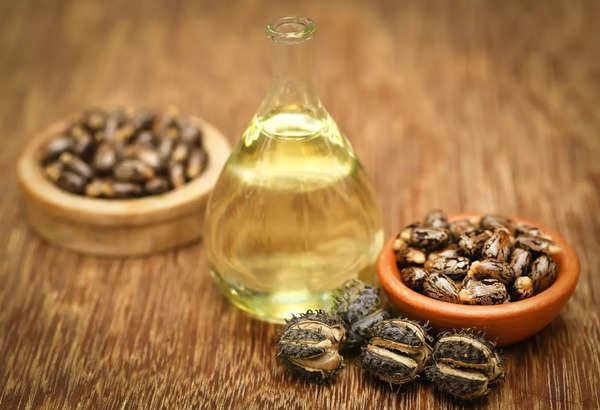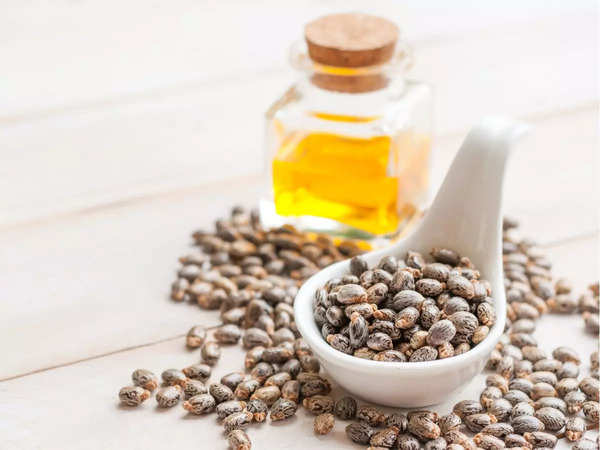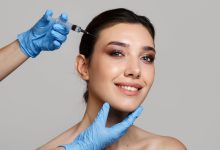Myth or reality: Is drinking Castor Oil good for skin?


To achieve that level of radiant and glowing complexion, people are on the lookout for some natural remedy that may help them overcome and fix such problems. One natural remedy that has gained much attention in the last ten or more years is castor oil. Traditionally used for its numerous health benefits, including aiding digestion and working as a laxative, castor oil has also been touted as a potential skin remedy.Does drinking castor oil really clear up your skin? Let’s discuss the facts, myths, and realities surrounding this very interesting substance.
What is Castor Oil?
Castor oil is derived from the seeds of the castor oil plant (Ricinus communis). The castor oil is also saturated with ricinoleic acid, a kind of fatty acid containing anti-inflammatory and antibacterial properties. This oil has been used by different cultures for ages for both medicinal as well as cosmetic purposes. When applied topically to the skin, skincare problems related to dryness and acne and other infections are addressed.
How Castor Oil acts on skin
Moisturising properties: The biggest advantage of this oil is that it can cause deep hydration for the skin. While the castor oil has its way through to the lipid barrier in the skin, it brings much-needed moisture to that layer preventing it from dryness. People suffering from dry skin or eczema might also solve their problem by using castor oil.
Anti-inflammatory action: The ricinoleic acid in castor oil has shown to be an anti-inflammatory, which would calm the irritation in the skin. This would come particularly in useful for those who suffer from conditions such as acne or psoriasis, in which part of the major condition entails being inflamed.
Antimicrobial activity: Castor oil has been proven to possess antibacterial and antifungal activity. This would be useful for acne because of its killing action on the bacteria that cause them, thus making the acne breakouts reduce and the skin appear clearer upon topical application.
There may be reduced scarring along with a better skin texture overtime since the oil will be hydrating the skin and can potentially assist in the healing of wounds, cuts, or slight abrasion.
The controversy: Drinking Castor Oil for skin health
While topical use of castor oil has established research on the benefits for skin health, oral consumption of it to clear up the skin is a more controversial aspect. Here are some arguments for and against:
Laxative effect: Castor oil is often commonly known through its use as a natural laxative. When ingested, the irritation of the intestines in this oil may cause gastrointestinal discomfort, diarrhea, and even cramping. Such side effects will help dissuade many from its consumption for skin health purposes.
Detoxification claims: Its proponents say that the intake of castor oil detoxifies the body, thereby clearing the skin. A body with well-functioning digestive activity helps in health improvement; however, there isn’t much scientific evidence available to associate improvements in skin condition with the consumption of castor oil. The human body has its detoxification systems, mainly the liver and kidneys, that get the toxins out of the body effectively without some substances being induced inside.
Individual responses: The side effects of castor oil can be well varied between individuals. Some experience gastrointestinal disorders, while others experience nothing. Furthermore, the skin benefits are also a matter of personal experience and likely vary with different skin types, food intake of a person, and their overall health.
Potential risks from ingestion of Castor Oil
Gastrointestinal trouble: Because the laxative properties often cause cramping, nausea, and diarrhea, these can be uncomfortable side effects that might discourage a person from continuing to use the oil.
Dehydration: Regular use of castor oil for a laxative will result in dehydration over time, depending upon maintenance fluid intake. Dehydration is very detrimental to the skin and undermines any potentially beneficial effects of using the oil.
Allergic reactions: It is very rare, but some people are allergic to castor oil. Symptoms can be such as rash, itching, or even allergic reactions that may be severe. Always test a new ingredient, especially one ingested, and seek consultation from a health provider if caution is at issue.
Castor Oil for skin: The other usages
More people than not would prefer topical application instead of taking castor oil in and out of their mouths. These are some ways to add castor oil to your skincare regimen:
Moisturizer: Castor oil is a natural emollient for parched areas on the skin. The thick consistency of castor oil makes it an excellent product to apply on elbow and knees or hands specifically where needed.
Acne: Apply castor oil on to the acne-affected areas to prevent inflammation and bacterial growth. It can be mixed with tea tree oil for greater antibacterial effect.
ఆముదం
Makes-up remover: Castor oil may be used as a gentle make-up remover because of its moisturizing power. It dissolves makeup without extracting any natural oils.
Use on Hair and Scalp: Not only for skin care, castor oil is applied to hair care purposes too. It aids in hair growth, removes dandruff, and conditions very well in depth.
The verdict
Does drinking castor oil promote glowing skin? The case is more of a myth than reality. Although castor oil possesses all those amazing properties, useful for the skin when applied externally, there is not much scientific proof that oral consumption would result in glowy skin. Side effects might happen in the gastrointestinal tract, and lack of firsthand evidence may show that consuming castor oil orally is not so good for your skin either.
To keep one skin obsession, the right holistic way of treatment should be followed. These include having an abundant diet rich in vitamins and antioxidants, hydration, the right daily skincare, and a healthy lifestyle. If you prefer to apply castor oil on your skin, use it topically as it is safer and more effective. Always seek consultation with a healthcare professional or dermatologist for better advice suited to your skin type and condition.
Source: times of india
Related Posts
- 5 foods you must have if want Korean Glass Skin
- I Asked the Coolest People I Know: What Makes an It-Girl Lip Balm?
- 7 hairstyles for women popular in 2025 weddings
- 12 Coconut Perfumes That Smell Like an Expensive Vacation (and Not Sunscreen)
- The 6 Hats Everyone Will Be Wearing Instead of Bucket Hats This Summer





